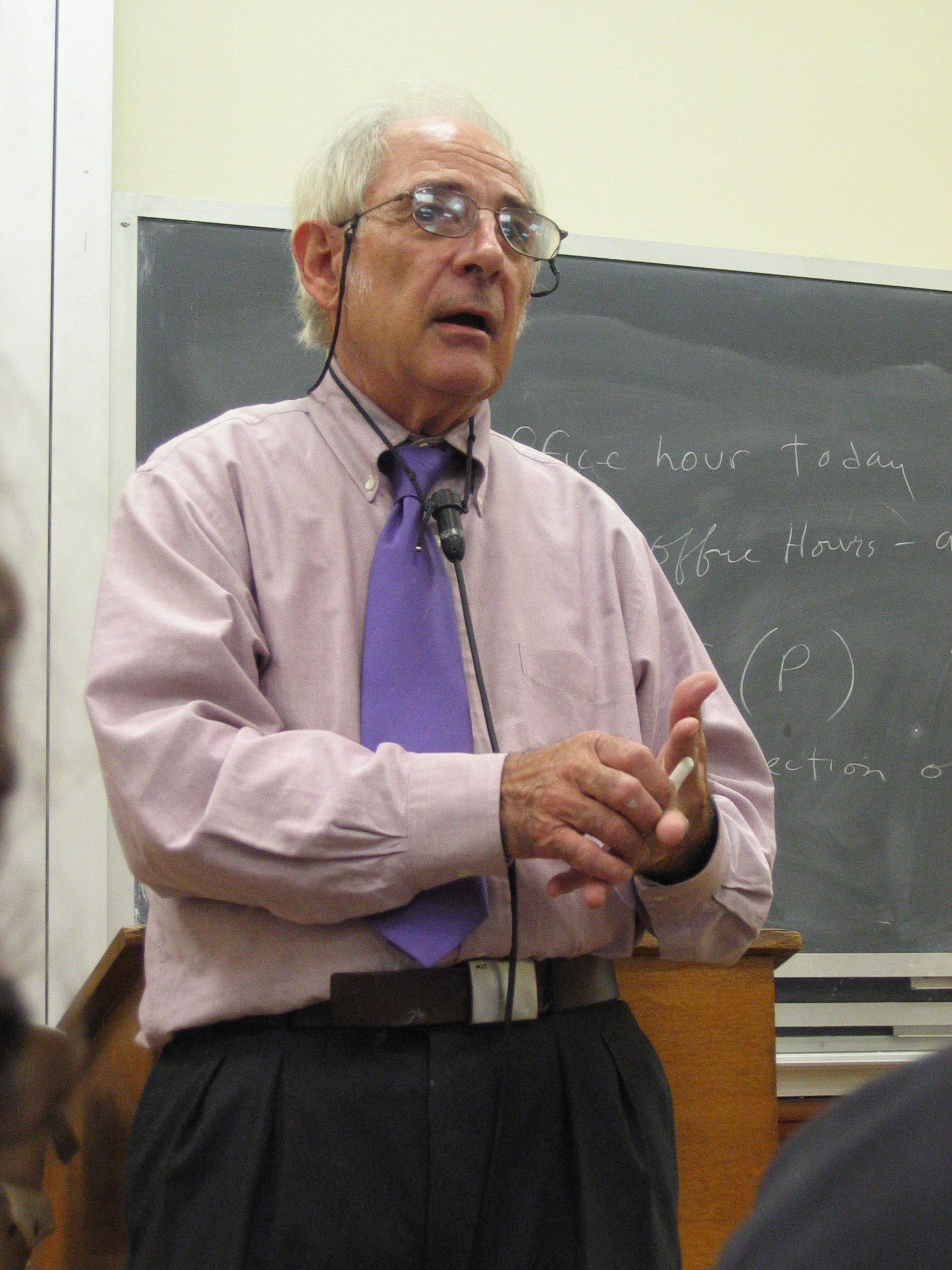Chapter 3 – Foundations for a Moral Code:
Empiricism and Its Flaws
At
first glance, it seems that what we most want to know is how this universe
works so we can figure out how to navigate through its currents with more health
and joy and less pain and misery for ourselves and our children. If we get the
basics of our world right, we have a reasonable chance of figuring the other
details out. If not, we’re doomed to wander off track, into harm, over and over.
People who don’t make a desire for real-world effectiveness one of the primary
focuses of their lives don’t pass on their values and ways of living,
short-sighted as those may be. People who do want to find better ways to live pay
attention to the physical universe around them and, as a result, transmit their
genes and belief systems more effectively to their children, causing their
beliefs to move forward and spread more efficiently over time.
So
we want to understand this world and our place in it. However, as we study this
problem in a general way, it becomes apparent that a deeper problem exists. We
begin to wonder about the reliability of our basic information-processing
system—that is, the human-brain-hardware–human-mind-software system. Can we
trust the faculties we use to gather information about our world? How easily
can our perceptions and any reasoning based on those perceptions be fooled by
our own yearnings or fears?
Karl Marx
Consider,
for example, a girl I knew at university in 1971 whose core beliefs were all
Marxist. How she yearned for Marx’s vision of the world to come true. For her,
all the troubles of the world were attributable to capitalist manipulations and
conspiracies, and only a world workers’ state would ever create a decent life
for all people. The fact that the communist states of the world at that time
were rife with corruption, for her, was always somehow due to the capitalists
in other lands. The harsh living conditions and the secret police in these
states were temporary measures that would be remedied as soon as the capitalist
dogs had been eradicated from the earth.
She
had so utterly deluded herself that I used to feel weak as I listened to her. She
saw oppression in the faces of all the workers we passed as we walked the
campus. I thought they just looked bored. She saw fascist symbolism in every poster of every concert being
advertised on the notice boards. I saw images of rock bands trying to be provocative in order to sell tickets. She carried a list of government people whom
she and her friends were going to assassinate “when the revolution comes.” Her
eyes were working, but what she noticed as she walked through her day was
deeply biased. I wonder where she is now. But she taught me something—how fully
humans can delude themselves.
Since
then, of course, Communism has failed totally; the world has learned that
centrally planned economies wither. However, she was just one of many sincerely
deluded people I’ve met over the years who left me wondering, “Which of my own beliefs
can I trust? Can I trust my moral beliefs? Can I trust my everyday ones? Can I
even trust what I see?”
A flawed view of the world can lead one to a lifetime of error and misery. Marxism’s biggest error is its assertion that everything is political. It may be that art and journalism can be shown to be influenced by the political philosophy of the journalist or artist. But for Marxists, all human activities, even artistic ones, are either Marxist work that is helping to advance the Marxist cause, or fascist work that is hindering that cause.
But science
is about physical reality, the reality that underlies all political or
artistic activities. If we assert, as some Marxists do, that science also
must bow to the will of the people, we will inevitably begin to tell our
scientists what we want them to conclude, instead of asking them what the
evidence in reality seems to imply.
Trofim Lysenko
A
clear example is the doctrine called Lysenkoism
in Soviet Russia. In that nation in the 1920s, the official state position was
that human nature itself could be altered and humans made into perfect “socialist
citizens” by changing their outward behavioural traits. If they were made to
act like utterly selfless socialist citizens, they would become so, even in
their genetic programming. This government position required that the Darwinian
view of evolution be overruled because politics must rule science.
Darwin
had said that members of living species do not acquire genetic changes from
having their external appearances altered; living things change their basic
natures only when their gene pools are altered by the processes of genetic
variation and natural selection over many generations of evolution. In its
determination to create what they called “socialist citizens”, Soviet Communism
required people to believe that the acquired characteristics of an organism—for
example, the state of shrub being leafless as a result of its leaves having
been plucked—could be inherited by that organism’s descendants. (1.) For years, Soviet agriculture was
all but crippled by the party’s attempts to make its political “truism” be true
in material reality, for crops and livestock, when it simply wasn’t.




.jpg)


